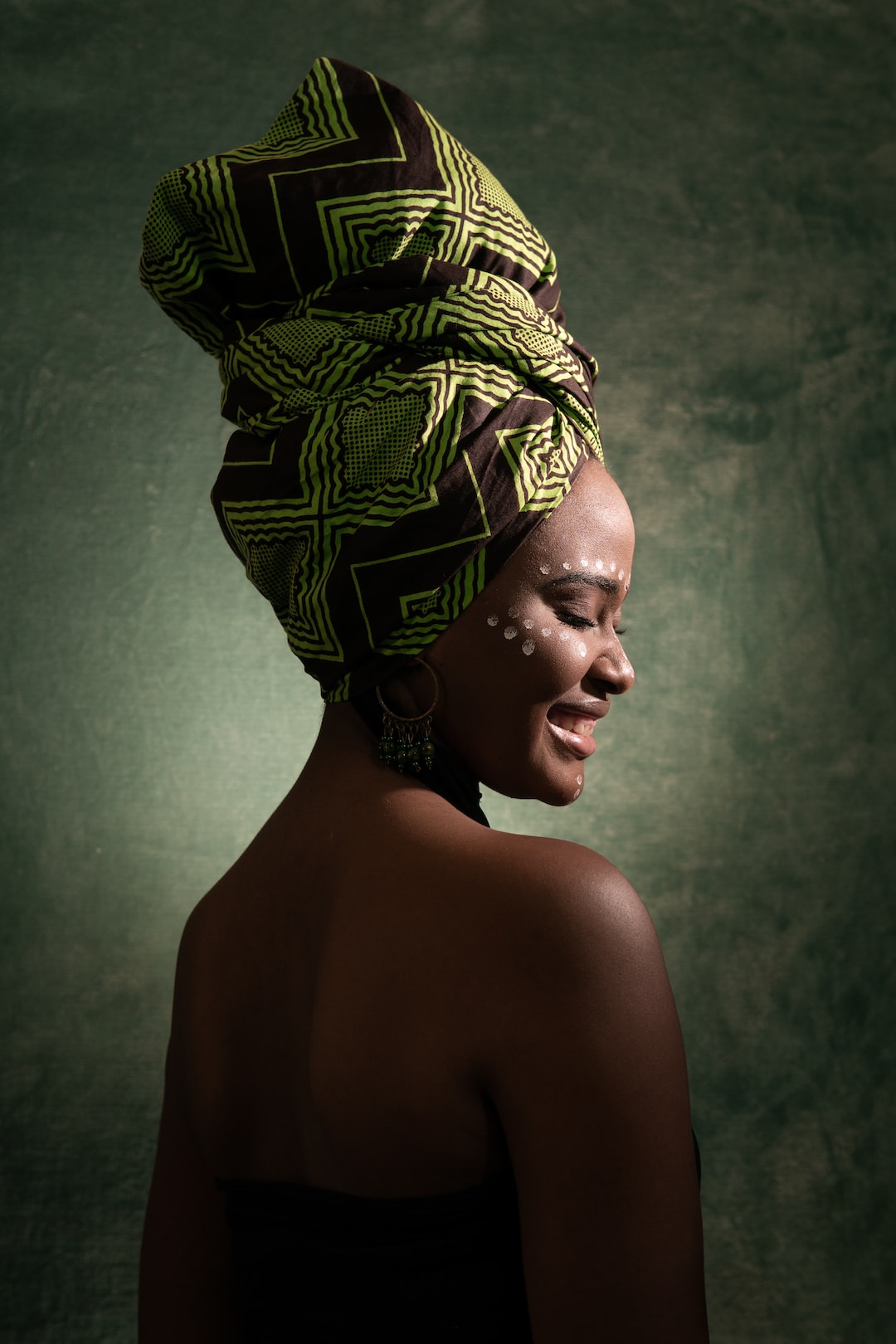The Traditional Festivals of West Africa: A Vibrant Celebration of AFRICAN CULTURE
Celebrating the rich tapestry of African culture, West Africa holds a treasure trove of traditional festivals that captivate locals and tourists alike. These vibrant celebrations offer a unique opportunity to witness the deep-rooted traditions, customs, and beliefs that have been passed down through generations. From colorful parades to energetic music and dance, these festivals showcase the diversity, resilience, and spirit of African culture.
One such festival is the Durbar festival, celebrated in Nigeria, Ghana, and several other West African countries. During this grand event, local chiefs and traditional leaders don their royal regalia, riding majestic horses while being accompanied by drummers and trumpeters. The festival is a display of power, culture, and unity, as different tribes come together to showcase their traditional attire, music, and dance.
Another significant festival is the Osun-Osogbo festival, held in honor of the river goddess Osun in Nigeria. Celebrated by the Yoruba people, this festival combines spiritual reverence with artistic expression. The festival commences with a cleansing procession led by the Arugba, a young virgin girl carrying the sacred calabash, followed by thousands of devotees dressed in vibrant robes, chanting and dancing. The festival provides a window into the spiritual practices of the Yoruba people and their deep connection to nature.
Moving further west, the Homowo festival of the Ga people in Ghana offers a unique insight into the cultural heritage of this community. Homowo, meaning “hooting at hunger,” is a harvest festival celebrated with great pomp and pageantry. Participants dress in colorful costumes, perform traditional dances, and offer libations to ancestral spirits. During this festival, people pay homage to their ancestors for their abundance, while also reflecting on the hardships and triumphs of the past.
In Sierra Leone, the Poro and Bondo societies hold the widespread “Bundu” and “Sande” circumcision ceremonies. These secretive ceremonies mark the initiation of young boys and girls into adulthood. These rituals are not only about physical changes but also serve as a time of moral education, teaching the importance of community, loyalty, and shared responsibilities. The ceremonies are accompanied by traditional music, dance, and theatrical performances that showcase the cultural identity of Sierra Leone.
These festivals celebrate the essence of African culture, preserving age-old traditions while embracing modernity. They serve as a reminder of the strength, resilience, and unity of the African people despite the challenges they have faced throughout history. At the heart of each festival lies a deep sense of community, cultural identity, and pride.
In conclusion, the traditional festivals of West Africa provide a colorful and mesmerizing glimpse into the rich tapestry of African culture. They are vibrant celebrations that showcase the diverse customs, traditions, and beliefs of various communities. These festivals serve as a testament to the resilience and spirit of the African people, while also educating and entertaining their audience. By participating in these festivals, individuals from around the world can witness firsthand the beauty and vibrancy of African culture, fostering a greater understanding and appreciation for this remarkable heritage.
——————-
Article posted by:
Africulture
https://www.africulturechronicles.com/
